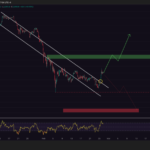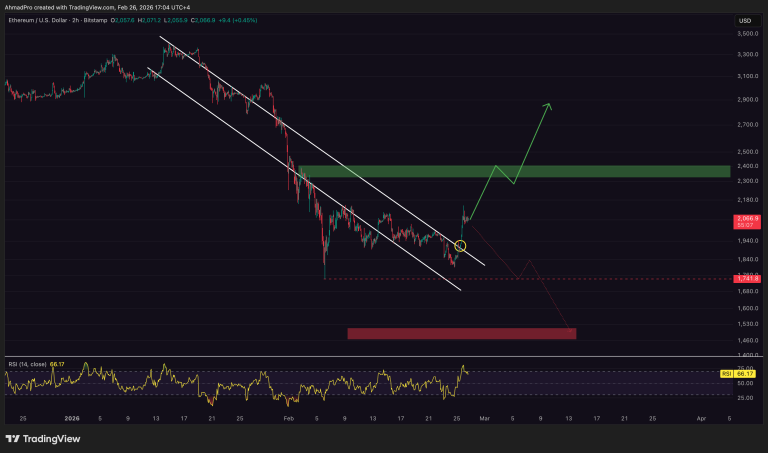
Before 2015, pensioners were obliged to buy an annuity at retirement, which guaranteed they would receive an income for life, no matter how long they lived. Former chancellor George Osborne scrapped that obligation, allowing retirees people to start using their pension as a cash machine from the age of 55.
Everybody thought it was a great idea. Osborne was praised for putting people in charge of their pension pots.
And to be fair, annuities offered lousy value at the time, as interest rates had crashed almost to zero after the financial crisis.
But as I warned repeatedly there was always going to be a problem with this.
Millions would struggle to manage their pension. They would blow it in the early years, and have nothing left.
Some would be feckless but most would do their best. The problem is, it’s not easy making a small pot of money last for 20 or 25 years.
Most people’s pensions aren’t big enough to start off with. Everyone gets hit with unexpected bills at some point, whether for their home, car, whatever. As we’ve seen lately, living costs have rocketed.
It was a recipe for disaster, especially as Osborne freed savers to make pensions withdrawals from 55, more than a decade before retirement age.
The drawdown disaster is growing by the day, as new research shows that one in three over-55s risks running out of money in retirement because they’re spending more than expected due to the cost-of-living crisis.
Some 20% of over-55s admit to being “retirement overspenders” as rising living costs force them to consistently use up more of their pension than expected.
An additional 11% say this happened early in their retirement, according to new analysis by PensionBee.
More than one in four are blowing budgets on daily living expenses such as food, drink and clothing, with housing costs such as mortgage payments and general property maintenance the second-largest cost.
PensionBee director of public affairs Becky O’Connor said overspending is a real risk as it’s hard to gauge how much you are likely to need from age 55. “A significant chunk of today’s retirees are overspending as costs exceed their expectations.”
She urged people to assume they will overspend when calculating when they can afford to retire and how much income they need. “This could be a wise way to minimise any nasty surprises.”
Stephen Lowe, group communications director at retirement specialist Just Group, said too many underestimate how long they will live. “Your money may need to last for another 20 or 25 years. Making it last after you stop working could pose quite a challenge.”
This requires careful long-term planning while a stock market crash can hammer drawdown values at any time, Lowe said. “Markets always recover but you want to avoid having to make withdrawals when shares are down and your pension is temporarily worth less as a result.”
Just’s research shows that almost two-thirds of over 55s retire before reaching today’s state pension age of 66.
“This puts extra pressure on their retirement finances because they must bridge the income gap between stopping work and starting to receive the state pension,” Lowe said.
Financial Conduct Authority data has highlighted the growing threat of people making unsustainable income withdrawals.
It found that 40% of plans are emptied at an annual rate of 8% or more. That’s double the recommended safe withdrawal rate of just 4% a year.
The truth is that millions of people in their 50s are siphoning off their pension far too quickly. Ultimately, we will all pick up the bill, as cash-strapped pensioners fall back onto means-tested state benefits to make ends meet.


















